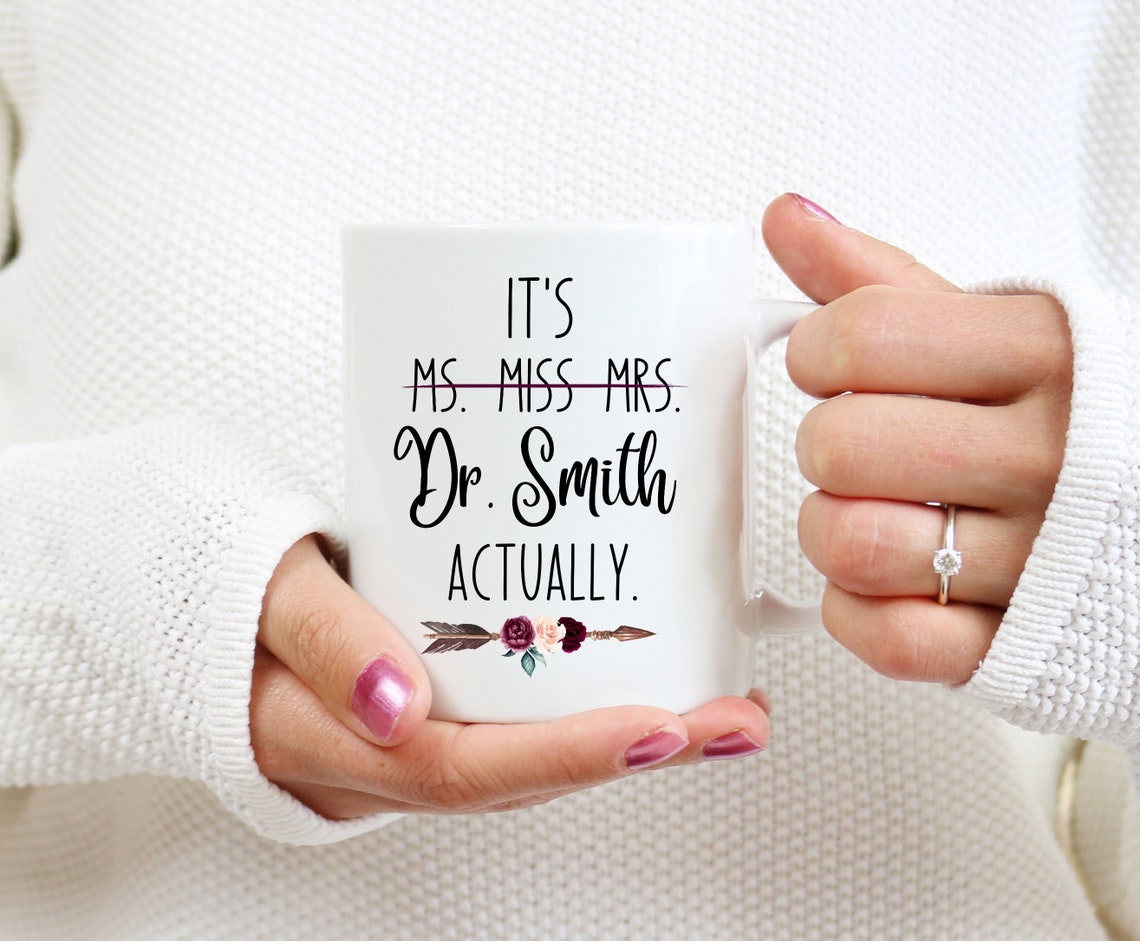
It’s no secret that English is full of arcane rules, but this one really takes the cake. It’s not just a matter of knowing when to use “Miss” or “Mrs.” — which are themselves quite different from each other — but also how to use them correctly in your writing. Why? Because these titles should be used only after a woman’s first name (or nickname). So if you’ve ever wondered what the difference between Ms., Miss and Mrs. is, read on!

What’s the difference between Mrs., Ms. and Miss?
When you’re writing to someone, you have to be able to tell whether they’re married or not. That’s why there are three different titles that can be used depending on the person’s marital status.
The title “Mrs.” is reserved for married women with their own last names (i.e., Jane Smith). If a woman uses her husband’s last name instead of her own, then she is referred to as “Mrs.” followed by his first and last names (i.e., Jane Smith-Jones).
The title “Ms.” is used for women who aren’t married or haven’t been married yet but still want a title (i.e., Mary Brown). It also applies if a woman uses her birth name after getting divorced or widowed since she hasn’t remarried yet (i.e., Mary Brown rather than Mary Jones).
Finally, there’s one more option: Miss refers only to unmarried women with no children over age 18 living in the home under whose roof they reside.
If you know a woman well enough to address her by her first name, then it’s appropriate to use either “Ms.” or “Mrs.” instead of “Miss” (i.e., Mary Brown-Smith).

Mrs. meaning
Mrs. is a title used for married women and widows only — that’s why it’s important to distinguish between the terms “Miss” and “Mrs.” because although they both come from the word mistress, they have different meanings!
If you’re wondering whether your friend is married or not, simply ask them if they’re “Miss” or “Mrs.” — now you know!
Mrs. pronunciation: [ mis-iz, miz-iz ]
Mrs. plural: Mmes. or Mesdames

Ms. meaning
The term “Ms.” was coined in the late 1960s by feminists who wanted to create a title for women who were not married, widowed or divorced and did not want their marital status known. The title could be used as an alternative to “Miss” or “Mrs.” The use of the term is more common in British English than it is in American English, but both languages use variations of the word as a neutral title for any woman regardless of her marital status (a neutral alternative to “Mrs.” or “Miss”). “‘Ms.’ is kind of a catch all, and can be used interchangeably between situations,” explains Falvey.
“This would be acceptable for a married or unmarried woman and also for divorced women.”
Ms. pronunciation: [ mizz ]
Ms. plural: Mss. or Mses
Miss meaning
“Miss” is a title generally used to address female children or young women under the age of 18 and unmarried women. It’s occasionally used to address adult women who do not wish to be called “Mrs.” In the US, it’s considered rude for an adult woman who does not want to be referred to as “Miss” to ask for this title (it’s more appropriate for her friendliness towards you).
Miss pronunciation: [ mis ]
Miss plural: Misses
Mx. meaning
Mx. is a gender-neutral honorific that you can use when addressing someone whose gender you don’t know, or when it’s simply not appropriate to use Mr., Mrs., Miss or Ms. In 2018, Dictionary.com added Mx. as an official word for its dictionary (and Merriam-Webster followed suit shortly thereafter).
The term was originally created by people who don’t identify with any particular gender; in the past few years it has gained popularity among other groups of people who want to be recognized as part of society but not marginalized because of their identity: trans people, nonbinary people, POCs and disabled individuals are some examples that come to mind here.
How to pronounce Mx
Mx. is pronounced [MəKS], [mɪk] or [mʌks]—think: “mex” or “mux.”
Will I be Ms. or Mrs. after I get married?
Ms. vs. Mrs.—which should you choose? In short, it depends. Typically, brides who change their name postwedding to their partner, wife or husband’s name go by “Mrs.” after marriage, since it usually indicates that they’re sharing a surname with their spouse (as in “Mr. and Mrs. Smith”). If you’re keeping your maiden name, you can use “Ms.” instead, or use “MRs.” as in “Mr. Smith and Mrs. Brown.” If you prefer your title of respect to not be tied to your marital status at all, you may use “Ms.” Women prefer to use “Ms.” in their professional or formal settings where they don’t want their marital status to be highlighted.
Miss, Mrs. or Ms: Which should I write on wedding invitations?
Kathryn Johann of Parties By The Sea in Newport Beach, California, explains that women traditionally have three different titles: Miss, Ms., and Mrs. You should know the difference between these three aspects of social faux pas to avoid them. In my opinion, unmarried women past a certain age and divorced women can be called “Ms.”. The exception to the rule would be widowers, who can maintain the ‘Mrs.’ status out of respect for their deceased husband.”
Generally, if a guest is a child, use “Miss.” If she is an unmarried adult, go with “Miss” or “Ms.” (Note that “Ms.” is often preferred over women over 18 years old). If she is married and you know her chosen title, write that. If you are uncertain, “Ms.” is a safe and appropriate choice. For more specific scenarios, check out our complete guide to wedding invitations.
If you are sending out a form to gather addresses ahead of mailing invitations, consider including a field where guests can include their chosen title. This will simplify your process and take all the guesswork out.
Mrs. vs Ms.
Here’s an example: your mother has asked you to invite a friend to the wedding where she plays mahjong with you every week. You know Beatrice Johnson is married but she is over 50 years old, and you have never met her, so you have no idea how someone would refer to her by an honorific. Asking your mother can be a great starting point, but when you’re in doubt, you should always use “Ms.” to be safe.
Mrs. vs Miss.
If the person is married, you should go with “Mrs.,” and if they are unmarried, you can go with the word “Miss.” If you are trying to plan your stationer’s guest list ahead of sending out wedding invitations and you’re unsure how to address your dad’s coworker you have never met. Discovering their marital status is a good first step in deciding which prefix to use.
Ms. vs Miss.
Both titles work for unmarried women, but age can play a useful role if you’re stuck between them. For young girls and people under 18, use “Miss” as your go-to title, meanwhile “Ms.” works well for addressing an adult woman over 18.
When to Use Miss, Mrs and Ms:
Miss: You should use ‘Miss’ when addressing girls and young, unmarried women. Ms: You should use ‘Ms’ when unsure of a woman’s marital status or if she is unmarried and prefers to be addressed with a marital-status neutral title. Mrs: You should use Mrs when addressing a married woman.
A Prefix Cheat Sheet:
When to use…
| Married | Unmarried | Unknown | Younger | Older | |
|---|---|---|---|---|---|
| Miss | * | * | |||
| Mrs | * | ||||
| Ms | * | * | * | * |
Additional Titles To Know
In addition to knowing when to use “Miss”, “Ms.” and “Mrs.,” it’s helpful to be familiar with a few additional titles for men and women, and to understand when to use them.
- Doctor: Use this title if the woman or man you are addressing is a doctor, or if he or she has a PhD.
- Mister or Mr.: This is the term that is used to address men, whether they are married or unmarried. Abbreviate the term “mister” to “Mr.” if you are using it as part of a man’s title.
- Master: This title can sometimes be used to address young boys. Once they mature, they are typically referred to as “mister,” regardless of their age or marital status.
Conclusion
You can be called “Mrs.” when you get married and you can use “Ms.” if you want to show off your independence. “Miss” is a title given only to unmarried women, so ladies, get out there and start using some of these titles today!
Comments are closed.